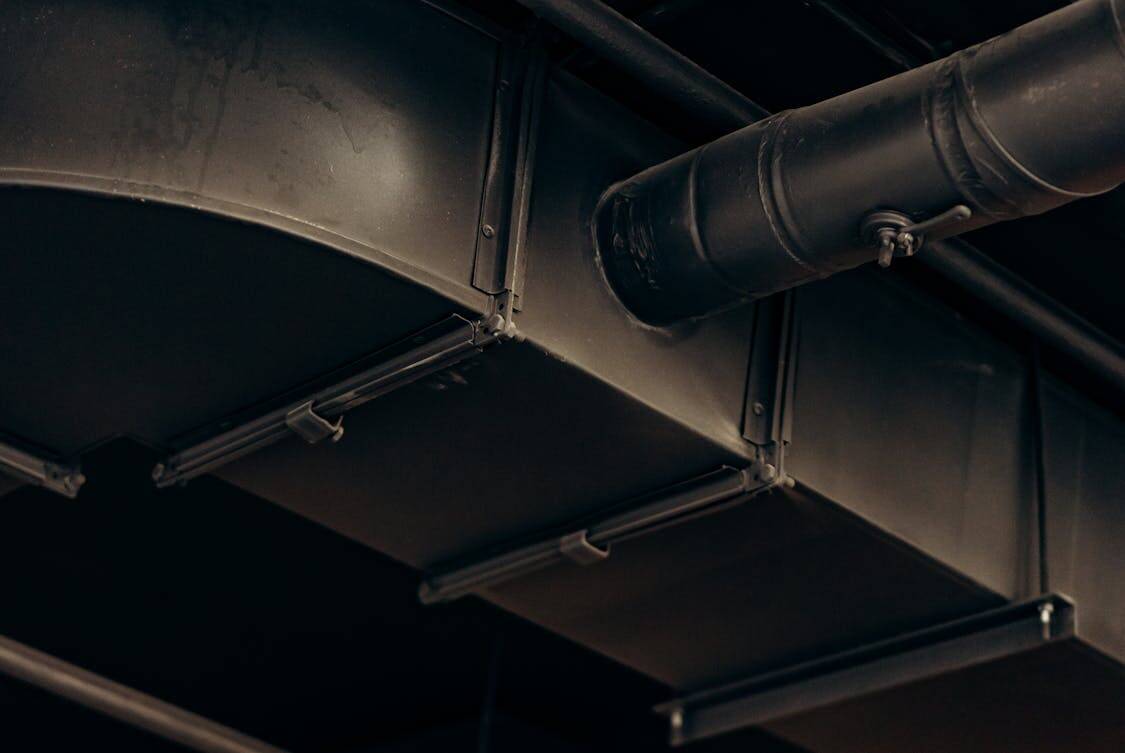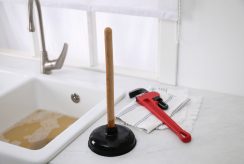Proper plumbing is like the backbone of any business operation. When it works smoothly, everything seems to flow—literally and figuratively.
Neglecting plumbing systems can lead to unexpected issues that disrupt daily activities. Here are five plumbing systems businesses must keep in check to ensure operations run without a hitch.
1. Water Supply System
The water supply system is the lifeblood of any business. It delivers fresh water for drinking, cleaning, and various operational needs. Without an efficient supply, a business could face serious interruptions.
Regular maintenance is necessary to catch leaks or pressure issues early on.
Leaks can quietly drain resources and inflate water bills. That’s where routine inspections come in. A professional plumber can identify potential leaks and fix them before they become costly repairs.
Plus, maintaining the right water pressure ensures faucets, toilets, and other fixtures perform optimally.
Moreover, businesses must ensure compliance with local water regulations. This avoids costly fines and ensures a safe drinking supply for employees and customers.
Keeping up with water quality testing and system upgrades can also safeguard the integrity of the water supply.
Lastly, be aware of the plumbing materials in use. Older pipes, especially those made of lead or galvanized steel, can leach harmful substances into the water.
Upgrading to modern, safer materials can enhance water safety and improve overall system efficiency.
2. Drainage System
A well-functioning drainage system is crucial for maintaining sanitation in any business. It safely removes wastewater and prevents flooding, which can cause major disruptions.
Regularly scheduled cleanings and inspections are essential to keep this system in top shape.
If you’re looking for a reliable professional to inspect your drainage system, consider reaching out to Plumber Chatswood for expert assistance.
Clogged drains can lead to foul odors and unsightly backups. No one wants to deal with an unpleasant mess in the workplace.
Using preventative maintenance techniques, such as enzyme treatments, can help keep drains clear and functioning smoothly.
Businesses should also be aware of their drainage layout. Understanding how wastewater flows can help identify potential issues.
If a drain is consistently backing up, it may indicate a more serious problem, like tree root intrusion or pipe damage. Addressing these concerns early can save a business significant time and money.
Finally, it’s wise to educate staff on what can and cannot go down the drain. Implementing a “no grease” policy in kitchens or limiting paper products in restroom facilities can significantly reduce clogging issues.
A little knowledge goes a long way in maintaining a healthy drainage system.
3. Heating and Cooling Systems

Heating and cooling systems are essential for employee comfort and productivity. These systems often rely on intricate plumbing to function properly, so maintenance is key.
Regular check-ups can help identify leaks in pipes or malfunctions in thermostats before they escalate.
A well-maintained heating system ensures a comfortable working environment during winter months. Regular cleaning of radiators and furnace filters can improve efficiency and reduce energy costs.
Not to mention, it can prevent the need for costly repairs down the line.
On the cooling side, air conditioning units need their condensate drains checked regularly. These drains can become clogged with algae, leading to water damage and mold growth.
A simple cleaning can prevent these issues and keep the system running smoothly.
Monitoring temperature settings can also lead to energy savings. A programmable thermostat can adjust temperatures according to business hours, ensuring energy isn’t wasted when the office is closed.
Investing in energy-efficient systems may have a higher upfront cost but often leads to savings over time.
4. Sewer System
The sewer system handles wastewater disposal and is vital for maintaining a clean business environment. Neglecting this system can lead to serious health hazards and legal issues.
Regular inspections and maintenance are necessary to catch problems before they escalate.
Common issues with sewer systems include blockages and pipe damage. Regularly scheduled clean-outs can help prevent major backups.
Additionally, businesses should understand the importance of proper disposal; items like wipes and grease should never be flushed down toilets or drains.
Moreover, businesses should have a plan for emergencies. Knowing who to call in case of a sewer backup can save valuable time.
Having reliable contacts for plumbing services can mean the difference between a minor inconvenience and a full-blown crisis.
In certain areas, businesses must comply with specific regulations about sewer connections. Understanding local ordinances can avoid potential fines or mandatory upgrades.
Regular compliance checks can ensure that the sewer system is functioning within legal limits, keeping the business out of hot water.
5. Fire Suppression Systems
Fire suppression systems play a crucial role in workplace safety. These systems rely on plumbing to deliver water or other fire-retardant solutions when needed.
Regular inspections and maintenance are essential to ensure they function effectively in emergencies.
Sprinkler systems, in particular, require regular testing and maintenance to remain compliant with safety codes.
Components such as valves and pipes must be checked frequently to prevent corrosion or leaks, which could jeopardize their effectiveness in a fire.
Training staff on fire safety protocols is equally important. Employees should know how to activate suppression systems and understand evacuation routes.
Comprehensive training ensures everyone knows their responsibilities during an emergency.
Furthermore, keeping records of maintenance and inspections can prove invaluable. Documentation helps in adhering to safety regulations and can provide proof of compliance during inspections.
A well-maintained fire suppression system not only protects lives but also safeguards the business itself from catastrophic loss.





